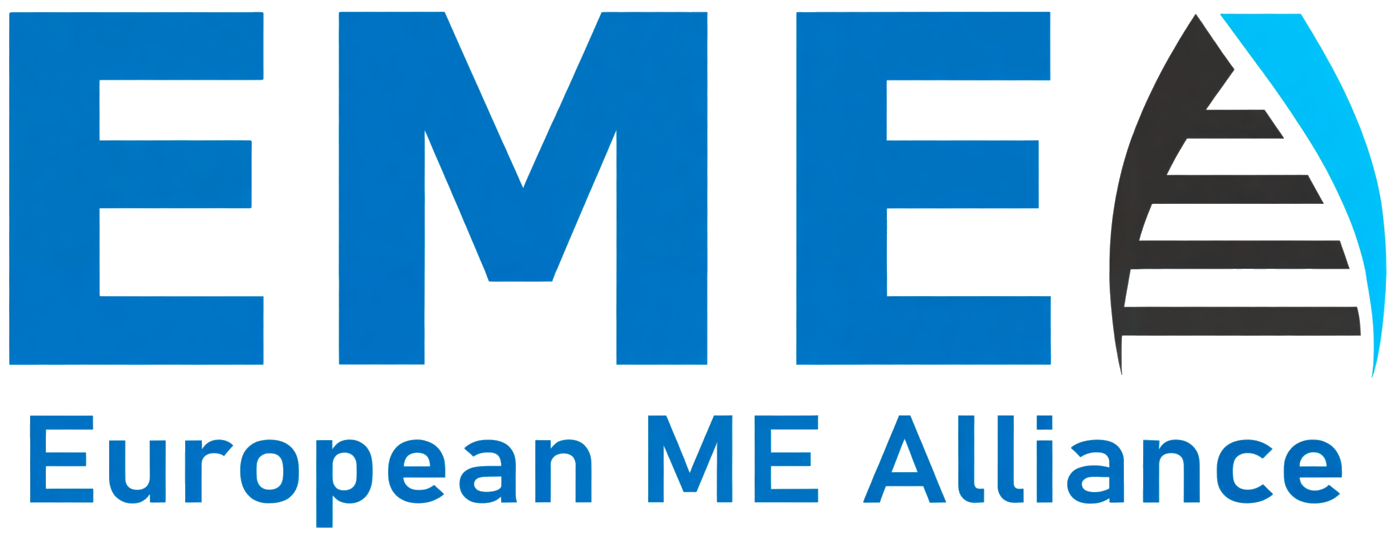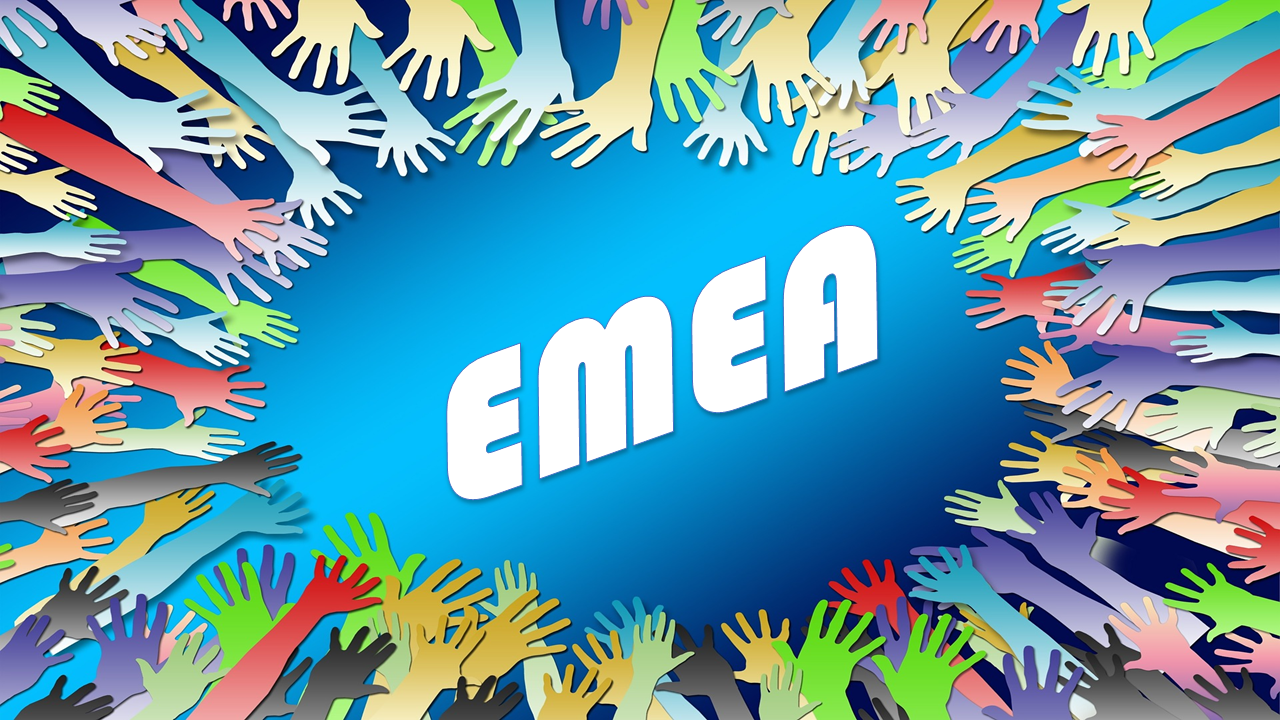
EMEA Presenting at the 74th session of the World Health Organisation Committee for Europe
EMEA News for October 2024
In 2023 the European ME Alliance received
‘
official Non-State Actor accreditation’ status
from WHO’s Regional Office for Europe during WHO Europe’s 73rd Regional
Committee Meeting (RC73).
This status permits EMEA to participate in WHO Europe Regional Meetings and
to make official statements on agenda topics of interest.
EMEA aims to use this platform to improve awareness, recognition, and action for Myalgic Encephalomyelitis (ME) across
WHO Europe’s 53 member states.
EMEA statement at 74th Regional Committee Meeting for Europe on the agenda item
European regional action framework for behavioural and cultural insights for equitable health, 2022–2027
The European ME Alliance (EMEA) submitted an official statement for the 74th WHO Europe Regional Committee Meeting, addressing the European regional action framework for behavioural and cultural insights for equitable health (2022–2027).
In the statement, EMEA highlighted the need to consider the actions and biases of all stakeholders, not only the behaviours and cultures of patients, as being critical to achieving health equity.
EMEA drew attention to the long-standing detrimental treatment of individuals with illnesses lacking diagnostic biomarkers, such as Myalgic Encephalomyelitis (ME, also known as ME/CFS). This poor treatment stems from misinformation and a lack of understanding about ME, leading to serious health and social consequences for patients.
The statement called for an urgent shift in cultural attitudes and behaviours, emphasising the importance of BELIEVING ME patients, recognising their symptoms, and providing them with essential support, including legal protections for their basic human rights.
EMEA also urged the WHO to incorporate these priorities into a comprehensive and well-funded European Strategy
on ME, advancing binding recommendations on the treatment of individuals with conditions for which diagnostic
biomarkers are still lacking.
EMEA underscored the need to prevent cultural gaps that allow institutions,
governments, the media, and society to propagate damaging misconceptions of ME as laziness or malingering—attitudes
that contribute to greater disability through stigma.
The European ME Alliance concluded by expressing its readiness to support a European Strategy on ME, bringing to bear the expertise of its international network of patient organisations, researchers, and clinicians.
Further Reading:
- WHO Europe Message for International ME Conference Week Delegates
- EMEA Presenting at the 74th session of the World Health Organisation Committee for Europe
- EMEA statement at 74th Regional Committee Meeting for Europe on the agenda item discussing the State of Health in the WHO European Region
- EMEA statement at 74th Regional Committee Meeting for Europe on the agenda item 8 European regional action framework for behavioural and cultural insights for equitable health, 2022–2027
- EMEA statement at 74th Regional Committee Meeting for Europe on the agenda item 9 Framework for resilient and sustainable health systems in the WHO European Region 2025–2030
- EMEA statement at 74th Regional Committee Meeting for Europe on the agenda item 12 Harnessing innovation for public health in the WHO European Region 2025–2030: preparing for a new strategy



